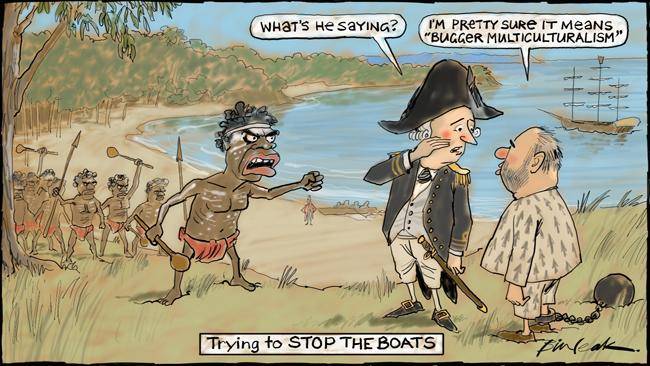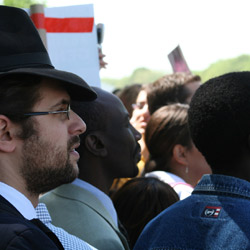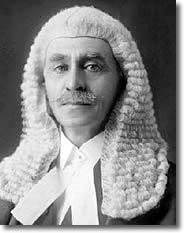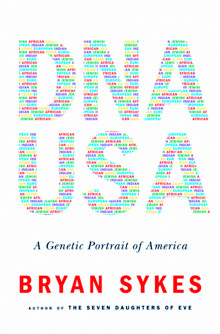The War on White Australia: A Case Study in the Culture of Critique, Part 5 of 5
Jewish anti-White activism and Australia’s Aborigines
As in the United States, Australian Jews have formed strategic partnerships with various the non-White “victim” groups, who, like them, have been the alleged victims of White oppression and injustice. Prominent among these non-White groups is Australia’s indigenous people. One Jewish source describes Jews and Aborigines as “two peoples with histories of dispossession and humiliation and killing who recognise each other, who find points of intersection and of parallel.”
Seeing a parallel between the “Holocaust” and the White Australia’s treatment of Australia’s Aborigines, the Jewish Australian Professor Robert Manne has written that: “Although there was never a time when I was tempted by the thought that the Holocaust and the dispossession [of Australia’s Aborigines] were morally equivalent horrors – the British settlers did not intend to wipe out the Aborigines and would have been content if the Aborigines had uncomplainingly abandoned their way of life and their land – I have no doubt that in part I was drawn to this chapter of Australian history because of the role the Holocaust played in my thought.”[i] Thus, while careful not to detract from the metaphysical preeminence of the “Holocaust,” Manne has been particularly keen to make the plight of Australia’s Aborigines an important part of the anti-White narrative. Read more









